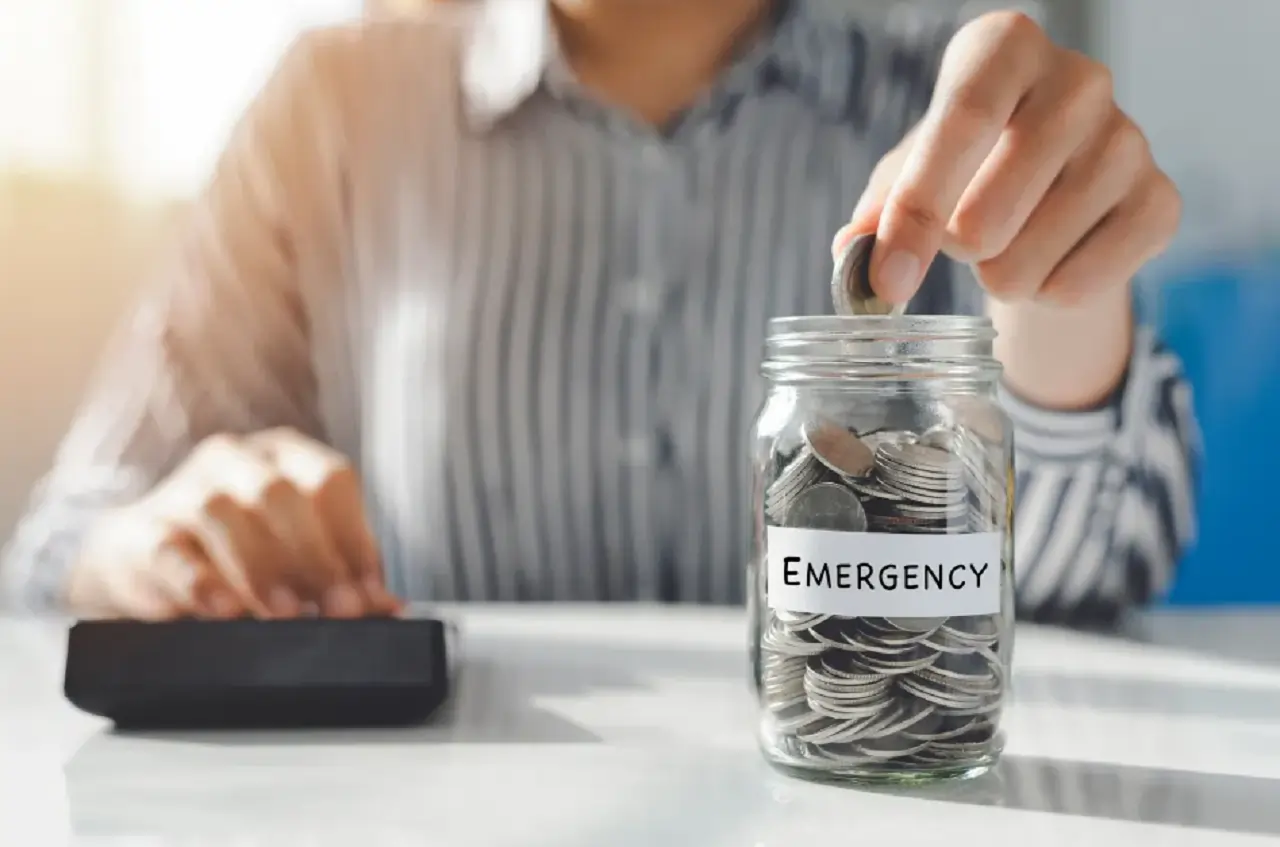Emergency savings: how much cash you should have at home according to financial experts
Experts say the estimated amount of cash you should keep at home for emergencies should be minimal and should not exceed 10% of your total emergency fund.
A study recently published by Bankrate showed that more than 50% of U.S. adults currently do not have enough emergency savings to cover three months of expenses, the analysis determined that part of this situation was caused by economic instability.
Bankrate financial analyst Greg Mcbride said, “The economic gyrations of the past four years have underscored the importance of having emergency savings, with an increasing proportion of Americans thinking that a larger savings cushion will be needed to feel comfortable with,” he said.
Since last year high inflation has been putting pressure on Americans’ pocketbooks amid one of the highest debt burdens, with much of the population running up credit card debt and even using their savings to cover basic necessities.
In light of this, some financial experts mention the importance of not only having savings for eventual expenses, but also having a certain amount of cash at home to cover any emergency.
The minimum amount of cash at home
Of course, new digital platforms have changed the way in which cash is used and kept; however, in case of unexpected events such as unplanned payments, power outages or even natural disasters, the best thing to do, according to experts, is to have additional cash on hand.
For Spark Financials founder and owner Danielle Miura, “you should have enough cash on hand to buy a couple of gallons of gas, pay for a delivery tip or help out in unfortunate events,” the expert estimates between $100 to $200 dollars, while advising that “emergency funds should not be kept at home, they should be stored in a high-yield savings account of your choice.”
For his part, Ryan McCarty, CFP of McCarty Money Matters stressed that “in terms of amount, don’t allow your cash to exceed 10% of your total emergency fund and/or $10,000. You can’t deposit more than $10,000 in cash in any given year without alerting the IRS,” he said.
The Best Interest founder and relationship manager at Cobblestone Capital Advisors Jesse Cramer said the suggested minimum cash to have at home for emergencies is $1,000.
“It depends from person to person, but less than $1,000 is almost always preferred. There simply aren’t enough good reasons to keep large amounts of liquid cash in the house. Banks are infinitely safer,” Cramer said.
The safety of your money
Cramer further mentioned that “in today’s world of ubiquitous credit cards, Apple Pay, Paypal, Venmo, etc., there are not enough good reasons to keep large amounts of cash at home,” he said.
In this regard, Matthew Dailly, CEO of Tiger Financial stressed that when you have a lot of cash at home you are always looking for ways to keep it safe, this leads many people to consider using safes or hiding it.
In this case, Dailly advised that you should make sure the safe is fire and water resistant to avoid any damage. “Be sure to deposit and replace money from time to time so that bills don’t get too old,” he added.
Finally, the analyst pointed out that contrary to the belief that in the face of a bank failure the depositor loses his or her money and thus takes action by withdrawing all cash, today standard FDIC insurance backs $250,000 per depositor. “To avoid a total collapse of the entire financial system at once, you can simply divide your fortune among several banks,” he added.

